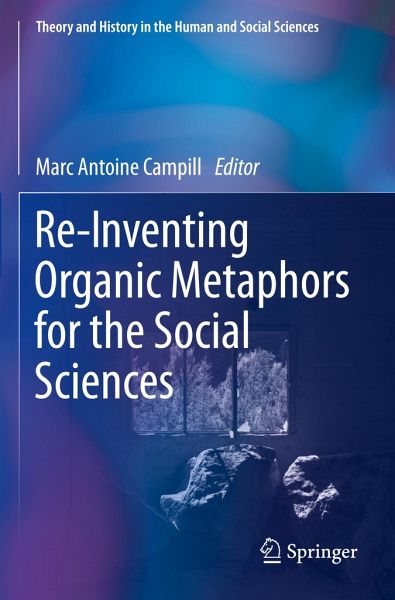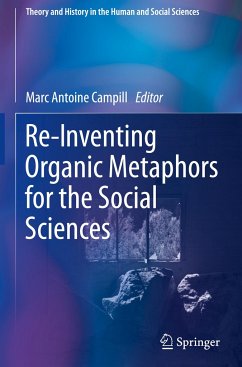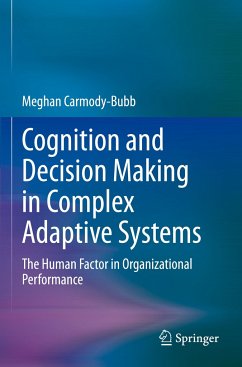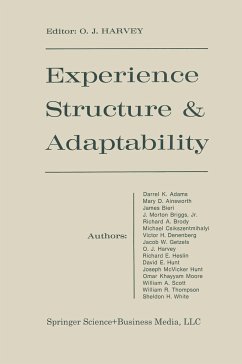
Re-Inventing Organic Metaphors for the Social Sciences
Versandkostenfrei!
Versandfertig in 6-10 Tagen
91,99 €
inkl. MwSt.

PAYBACK Punkte
46 °P sammeln!
The "Re-Inventing Organic Metaphors for the Social Sciences" is a volume with the specific goal: to challenge psychological understandings by connecting psychological approaches with multidimensional perspectives of various other scientific streams, meanwhile imbedding the generated knowledge in metaphors that allows researchers to follow phenomena into a deeper and more (w)holistic understanding of its appearance. This is particularly important when the humankind faces challenges due to systemic biological changes, as the phenomenological dynamics bonded to those challenges can be conserved i...
The "Re-Inventing Organic Metaphors for the Social Sciences" is a volume with the specific goal: to challenge psychological understandings by connecting psychological approaches with multidimensional perspectives of various other scientific streams, meanwhile imbedding the generated knowledge in metaphors that allows researchers to follow phenomena into a deeper and more (w)holistic understanding of its appearance. This is particularly important when the humankind faces challenges due to systemic biological changes, as the phenomenological dynamics bonded to those challenges can be conserved in appropriated context. For this purpose, the organic metaphors are introduced. A tool that has central advantage over mechanical metaphors as it can capture the complex and open-systemic nature of biological, psychological, and social phenomena. For example-the widely used notion "mind as a computer" may be more productively replaced by "mind as a membrane"-with implications (e.g. focus on borders in-between, or in systems in themselves- exosystemic realities in our world). There are many other fertile opportunities not yet explored in the realms of psychology and other sciences. Furthermore, the contributors operated also as cross-reviewers for each other's. In this occasion a new dimension, in chapter construction, will be introduced. Beside the traditional reviewing of another paper the reviewer has been asked to add a small list of extending questions toward the reviewed paper. These added questions have been introduced as potential questions that the authors were demanded to add into a final sub-chapter of their contribution. The subchapter has been titled as "Dialogue" (the author was free to select between the questions and ideas on those they believe could inhabit an especially worth for the future readers).












